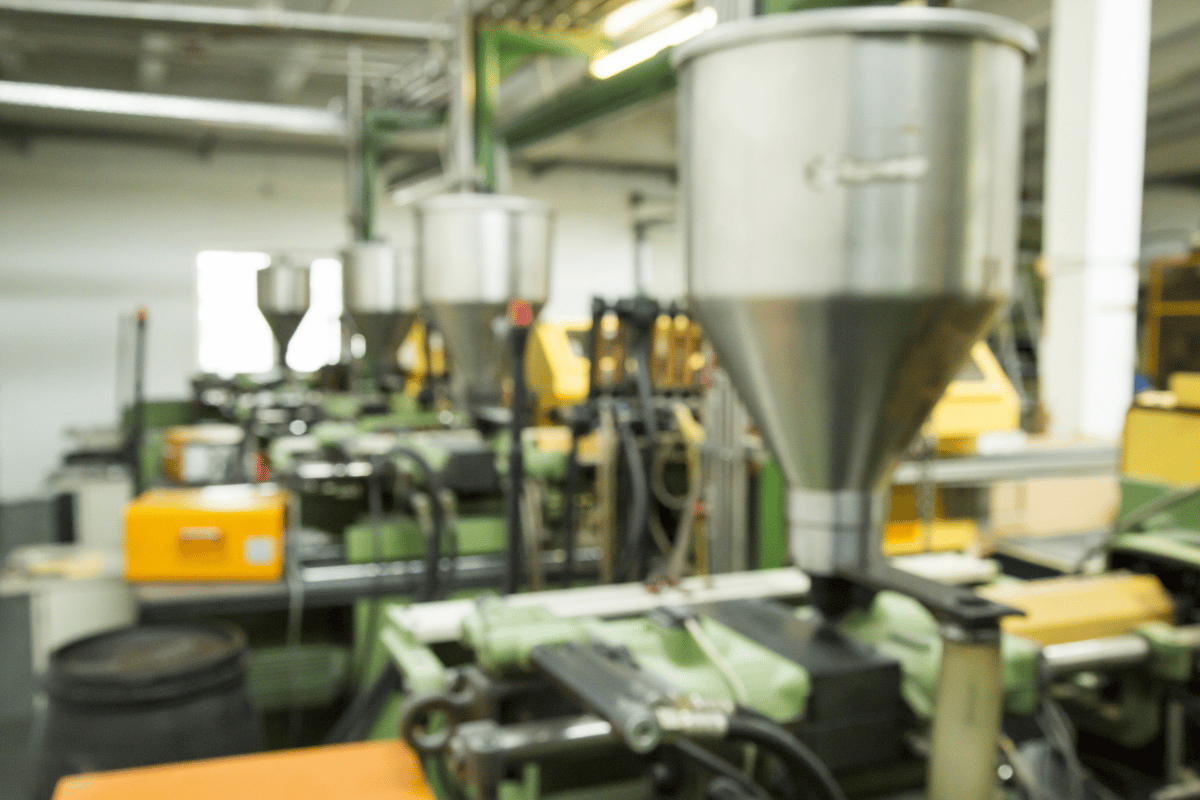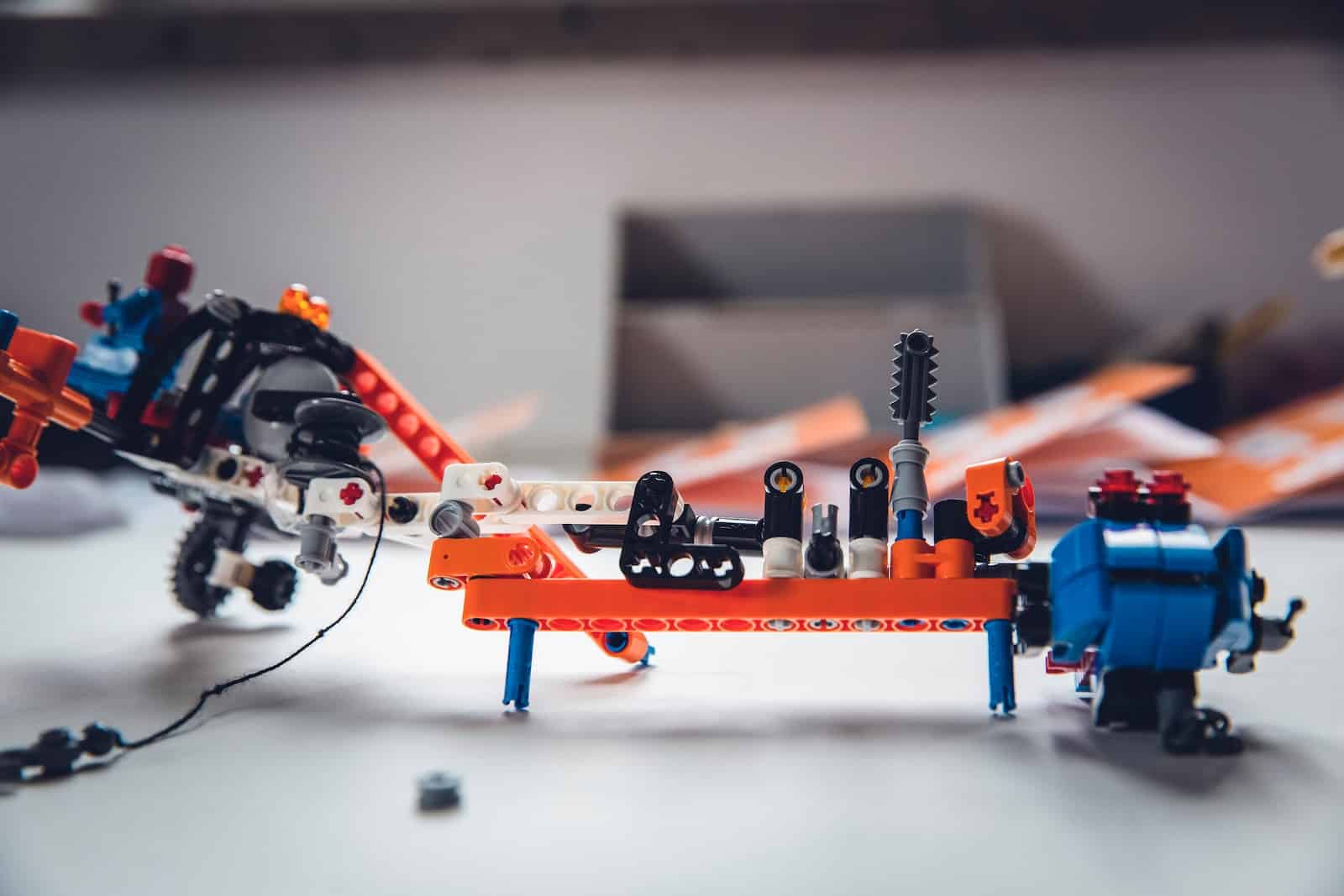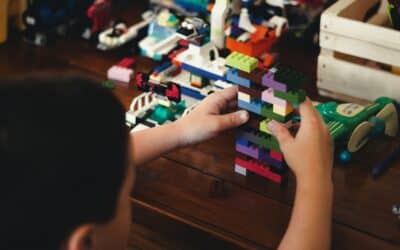Contents
- 1 Introduction
- 2 Eco-Friendly Educational Toys Defined
- 3 Benefits of Eco-Friendly Educational Toys
- 4 Government Policies on Eco-Friendly Materials in Various Countries
- 5 Why Wholesale is the Perfect Channel for Eco-Friendly Educational Toys
- 6 The Future of Eco-Friendly Educational Toys in Wholesale
- 7 Conclusion
- 8 FAQs
Introduction
With growing concerns about the environment and increasing awareness of the impact of plastic waste, the demand for eco-friendly products is on the rise. This trend has paved the way for a new generation of educational toys that are not only engaging for children, but also environmentally friendly. In this article, we will explore the reasons why eco-friendly educational toys are the next big thing in wholesale, and how they can benefit consumers, retailers, and the planet.
Eco-Friendly Educational Toys Defined
Eco-friendly educational toys are designed with the environment in mind, incorporating sustainable materials and manufacturing processes to minimize their ecological footprint.
Materials Used
These toys are typically made from renewable, biodegradable, or recycled materials such as wood, bamboo, and plant-based plastics. This reduces the amount of non-biodegradable waste that ends up in landfills and oceans, and also helps to conserve natural resources.
Manufacturing Process
Eco-friendly educational toys are produced using environmentally responsible methods, such as energy-efficient manufacturing, reduced water consumption, and the use of non-toxic dyes and paints. These practices not only protect the environment but also ensure that the toys are safe for children to play with.

Benefits of Eco-Friendly Educational Toys
Environmental Benefits
By choosing eco-friendly educational toys, consumers help to reduce plastic waste, promote sustainable resource usage, and support environmentally responsible manufacturing practices. This, in turn, helps to combat climate change, preserve biodiversity, and promote a healthier planet for future generations.
Health Benefits
Eco-friendly toys are made with non-toxic materials, ensuring that they are safe for children to use. This reduces the risk of exposure to harmful chemicals, which can have negative effects on a child’s health and development.
Educational Benefits
Eco-friendly educational toys not only provide fun and engaging ways for children to learn but also teach valuable lessons about sustainability, environmental responsibility, and the importance of caring for our planet. This helps to instill a sense of responsibility and empathy in children, shaping them into environmentally conscious individuals.
Government Policies on Eco-Friendly Materials in Various Countries
In recent years, many countries have recognized the importance of using eco-friendly materials and have implemented policies to encourage their adoption. This section will discuss some of the notable policy requirements in various countries:
European Union
The European Union has implemented strict regulations on the use of chemicals and materials in consumer products, including toys. The Registration, Evaluation, Authorization, and Restriction of Chemicals (REACH) regulation ensures that hazardous substances are not used in toys, promoting the use of eco-friendly alternatives. In addition, the EU’s Toy Safety Directive requires that toys meet specific environmental standards, such as limits on heavy metals and the use of phthalates in plastics.
United States
The United States has stablished policies that encourage the use of eco-friendly materials in various industries, including toys. The Consumer Product Safety Improvement Act (CPSIA) regulates the use of hazardous substances, such as lead and phthalates, in children’s products. Additionally, the Environmental Protection Agency (EPA) promotes the use of sustainable materials and manufacturing practices through various programs and initiatives, such as the Sustainable Materials Management (SMM) program.
China
China has been making strides in implementing policies that promote the use of eco-friendly materials. The country’s “Green Supply Chain” policy encourages companies to adopt environmentally friendly practices throughout their supply chains, including the use of sustainable materials. Additionally, China has established the China Compulsory Certification (CCC) system, which sets specific requirements for the materials and manufacturing processes used in children’s toys, encouraging the use of eco-friendly alternatives.
India
India has implemented policies to promote the use of eco-friendly materials in various industries, including the toy industry. The Bureau of Indian Standards (BIS) sets strict guidelines on the materials used in toys, ensuring that they are non-toxic and safe for children. The National Green Tribunal (NGT) also plays a crucial role in promoting environmentally friendly practices by imposing restrictions on the use of hazardous substances and encouraging the adoption of sustainable materials.
Australia
Australia has adopted policies to promote the use of eco-friendly materials in the toy industry. The Australian Competition and Consumer Commission (ACCC) regulates the safety standards for children’s products, including requirements for materials used in toys. The National Industrial Chemicals Notification and Assessment Scheme (NICNAS) also plays a role in promoting the use of sustainable materials by assessing and regulating the use of industrial chemicals in consumer products.
The increasing focus on eco-friendly materials in government policies around the world has a direct impact on the wholesale market for sustainable educational toys. As regulations become stricter, manufacturers will need to adapt to these requirements, driving innovation in the development of new eco-friendly materials and products. This, in turn, will make eco-friendly educational toys more widely available in the wholesale market, creating more opportunities for retailers and consumers to support sustainable practices.
Why Wholesale is the Perfect Channel for Eco-Friendly Educational Toys
High Demand
As awareness of environmental issues grows, more consumers are seeking out eco-friendly products. This creates a strong demand for sustainable educational toys in the wholesale market, providing retailers with an opportunity to capitalize on this trend and expand their product offerings.
Lower Prices
Purchasing eco-friendly educational toys in bulk allows retailers to take advantage of lower wholesale prices, making these products more affordable for consumers. This encourages more people to choose eco-friendly alternatives, driving demand and helping to further promote sustainable practices.
*Wide Variety
A wholesale approach to eco-friendly educational toys provides retailers with access to a diverse range of products, catering to different age groups, interests, and learning objectives. This variety ensures that there is something for everyone, increasing the appeal of these toys to a broader customer base.
The Future of Eco-Friendly Educational Toys in Wholesale
Sustainable Growth
As more consumers choose to support eco-friendly products, the wholesale market for sustainable educational toys is likely to experience significant growth. This will encourage more manufacturers to adopt environmentally friendly practices, resulting in a larger selection of sustainable toys and a positive impact on the environment.
Innovative Products
The rising demand for eco-friendly educational toys will drive innovation in the industry, with manufacturers developing new materials, designs, and technologies that further reduce their environmental footprint. This will lead to even more exciting and engaging toys that are both fun and educational, while also promoting sustainability.

Supporting Local Businesses
Many eco-friendly educational toy manufacturers are small, local businesses that are dedicated to environmental stewardship. By purchasing these products wholesale, retailers can support these businesses, helping to boost local economies and encourage the growth of sustainable industries.
Conclusion
Eco-friendly educational toys are set to become the next big thing in wholesale, thanks to their numerous benefits for consumers, retailers, and the environment. As demand for these sustainable products grows, the industry will continue to innovate and expand, offering a wide range of exciting and engaging toys that promote learning while protecting our planet.
FAQs
- What materials are commonly used in eco-friendly educational toys? Eco-friendly educational toys are typically made from renewable, biodegradable, or recycled materials such as wood, bamboo, and plant-based plastics.
- How do eco-friendly educational toys benefit the environment? They help reduce plastic waste, promote sustainable resource usage, and support environmentally responsible manufacturing practices.
- Are eco-friendly educational toys more expensive than traditional toys? While some eco-friendly toys may be slightly more expensive due to the materials and manufacturing processes involved, purchasing them in wholesale can make them more affordable for consumers.
- How can I find eco-friendly educational toys for my store? Research wholesale suppliers that specialize in sustainable products or look for manufacturers that prioritize environmentally friendly practices and materials.
- Do eco-friendly educational toys compromise on quality or educational value? No, eco-friendly toys can be just as high-quality and educationally valuable as traditional toys, with the added benefit of being environmentally friendly.






0 Comments